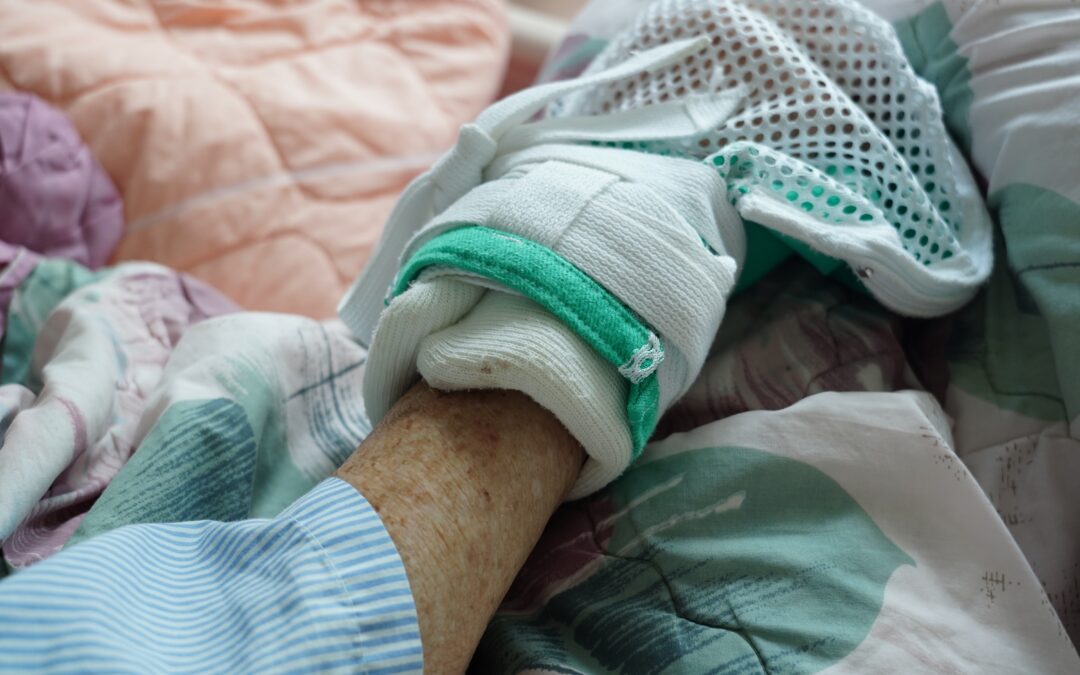Articles
For information related to a specific standard, enter the standard number in the search bar below. If no result is returned, contact your account advisor for guidance.

Restraint-Related Citations Could Jeopardize Compliance
Did you know that U.S. hospitals use restraints in nearly 2 million patient episodes every year? While physical restraint is always intended…

Hospital Findings Reveal Persistent Compliance Challenges
Each year, the Quality Review edition of Surveyor identifies and analyzes the most challenging standards for ACHC-accredited hospitals. Overall, this year’s…

Accreditation Theater: The Illusion of Rigor in Healthcare Accreditation
In the post-9/11 era, the term “Security Theater” emerged to describe over-the-top yet ineffective airport security procedures designed more to make travelers feel safe than to actually increase safety. Today, healthcare accreditation faces its own version…

Hospitals Must Identify Patients at Risk to Reduce Workplace Violence
Workplace violence in healthcare settings is a growing concern, with increasing reports of patients and visitors causing harm to staff…

Meet the Team: Amy Antonacci, MSN, RN
Amy Antonacci, MSN, RN, is a Senior Standards Interpretation Specialist for ACHC Hospital Accreditation (Acute Care and Critical Access). She also…

Mastering Informed Consent
Questions posed during ACHCU’s monthly Coffee Chat live webinar often serve to reveal opportunities to extend education and develop additional resources for ACHC-accredited hospitals. In March 2025, the topic was medical record documentation.